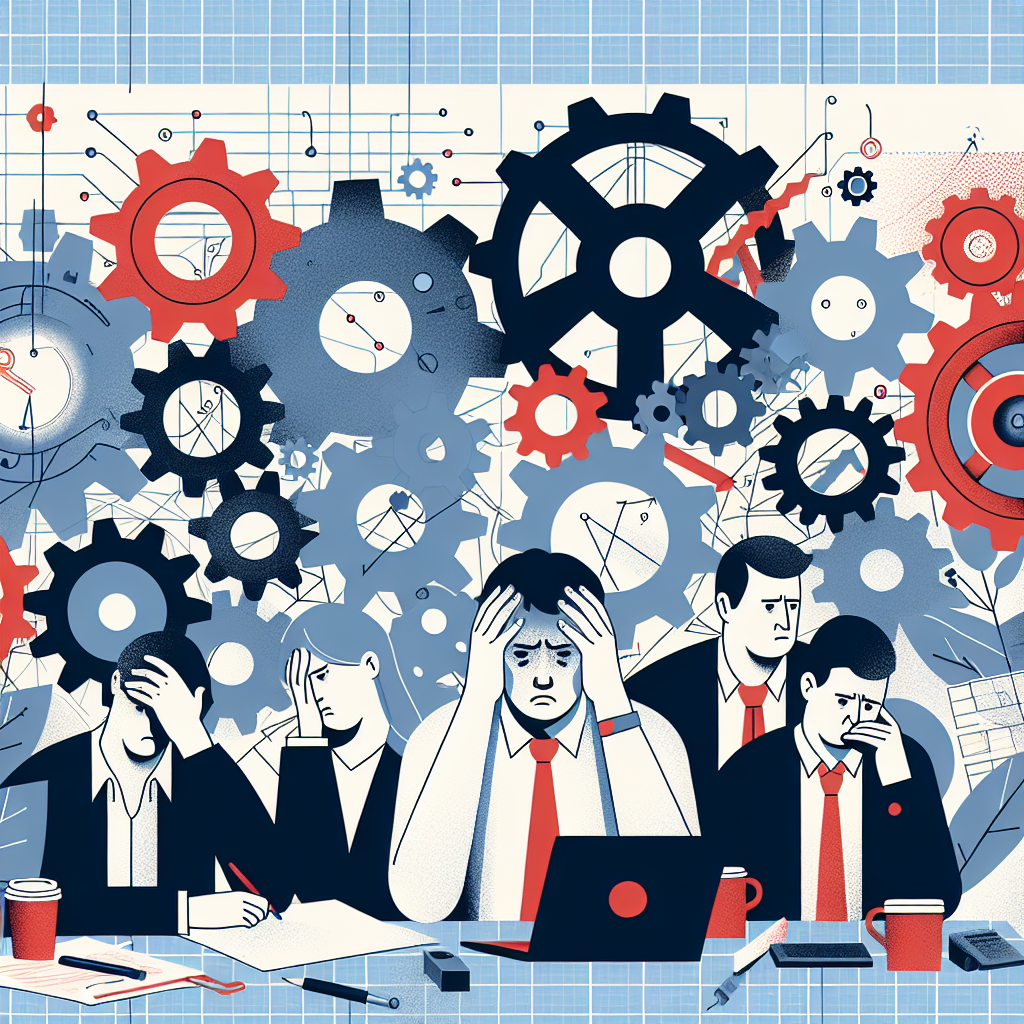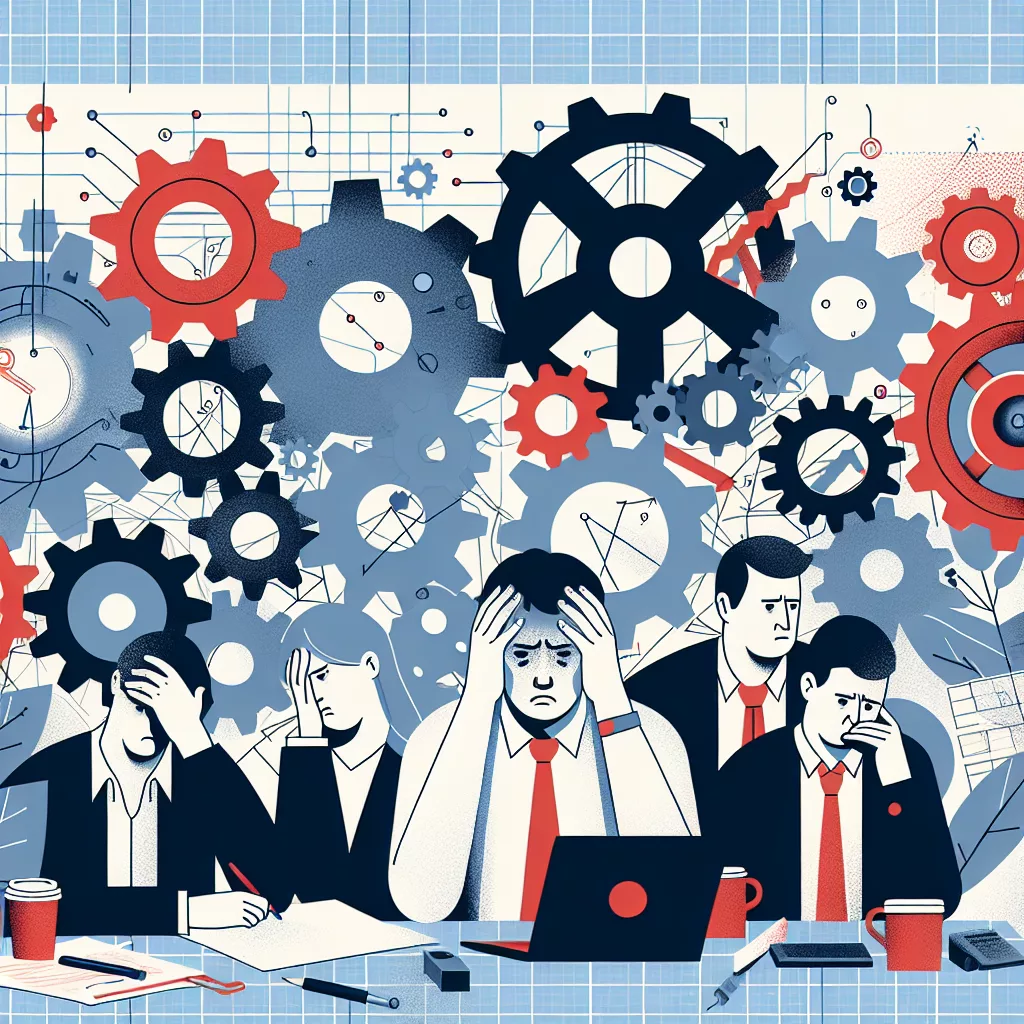Mechanical engineering may drive innovation, yet it poses burnout risks due to long hours, complex projects, and tight deadlines. How does it impact your well-being?

- High pressure to meet tight deadlines.
- Complex problem-solving can be mentally taxing.
- Long working hours are common.
- High attention to detail required constantly.
- Limited career advancement opportunities.
- Frequent project changes and adaptations.
- Insufficient work-life balance management.
The data on career burnout statistics for Mechanical Engineers indicates a moderate level of severity.
Reasons Mechanical Engineers burnout
According to the science to date there are key reasons people burnout at work. Here’s our top reasons why Mechanical Engineer in the Technology category has a burnout risk of Moderate:
Working as a mechanical engineer can be incredibly demanding. Below are several reasons why you might experience burnout in this career:
High-Stakes Responsibilities: As a mechanical engineer, you often deal with projects where precision is crucial. A single mistake could lead to costly delays or even safety risks. This constant pressure to perform flawlessly can be overwhelming.
Long Working Hours: Many mechanical engineering projects come with tight deadlines, requiring you to work long hours, often extending into nights and weekends. Prolonged periods of such intense workload can drain your energy and enthusiasm.
Lack of Work-Life Balance: The demands of the job can make it challenging to maintain a healthy work-life balance. You may find it hard to spend quality time with family and friends or pursue hobbies, leading to dissatisfaction and stress.
Repetitive Tasks: Depending on your role, some projects may become monotonous. Repeatedly dealing with the same type of problems without intellectual stimulation can lead to mental fatigue and disengagement.
Underappreciation: Mechanical Engineers often work behind the scenes. If your contributions go unnoticed, you might feel undervalued, which can lead to feelings of frustration and disinterest in the job.
Rapid Technological Changes: Keeping up with constant advancements in technology can be a source of stress. You may feel the pressure to continually update your skills to stay relevant, which can be exhausting over time.
Understanding these factors can help you take steps toward mitigating burnout and maintaining a rewarding career in mechanical engineering.
Burnout rate data for Mechanical Engineer/Technology
Currently, there is limited data specifically on burnout among Mechanical Engineers. However, there is some data on burnout within the larger technology industry. A study by Gallup reveals that employees in the tech sector frequently experience stress and burnout due to high demands, tight deadlines, and a constant need for innovation. Many professionals report feeling overworked, undervalued, and lacking sufficient time for personal and family commitments.
For a broader understanding, Deloitte published a study indicating that workplace stress is prevalent across sectors. This study outlines how long hours and insufficient support are primary contributors to burnout. According to their findings, employers can mitigate these effects by fostering a supportive work culture and maintaining reasonable workload expectations. For more detailed information, see the Deloitte report (https://www2.deloitte.com/us/en/pages/about-deloitte/articles/burnout-survey.html) and Gallup’s article on workplace burnout (https://www.gallup.com/workplace/237059/employee-burnout-crisis.aspx).
Do you have experience of Burnout as a Mechanical Engineer or in Technology?
Share your story about Mechanical Engineer burnout on our share your story page.
Burnout in Technology
Career Burnout Rates > Burnout in Technology > Mechanical Engineer Burnout


